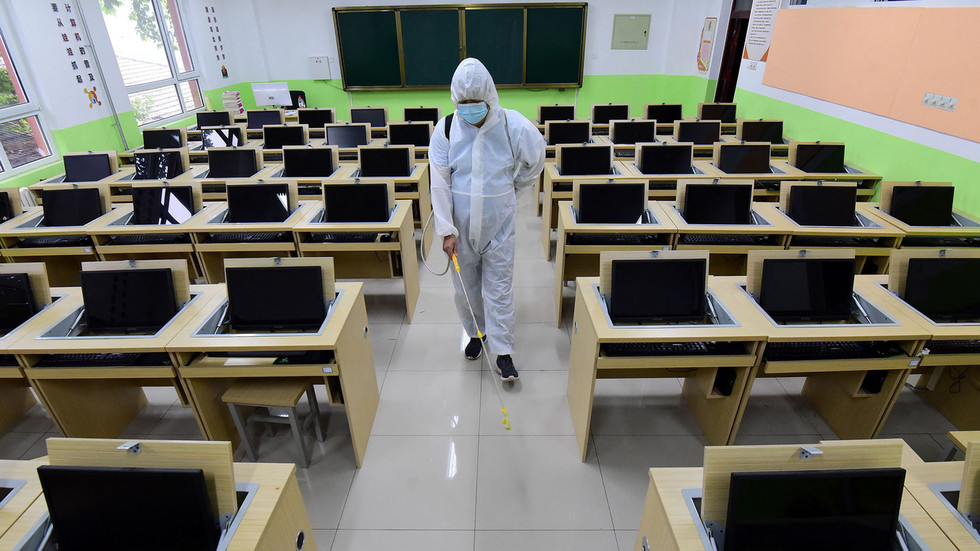The greatest contribution of corporations to lives and livelihoods is in direct and indirect job creation. If this happens with mandatory Business Responsibility and Social Reporting (BRSR) — which ensures investors have access to standardised disclosures on Environmental, Social, and Governance (ESG) parameters — it can further a sustainable green agenda as well. opin
This allows businesses to invest profits in several areas, such as education, poverty, gender equality, and hunger. Firms invest at least 2% of their net profits, with preference to local areas.
On September 22, the Securities and Exchange Board of India (SEBI) issued a detailed framework for Social Stock Exchange (SSE), an idea that institutionalises financial mobilisation for not-for-profit organisations (NPOs). SSE is a bourse meant to serve the private and non-profit sectors and will help them raise funds through the exchange. The proposal was first floated by finance minister Nirmala Sitharaman in her 2019-20 Budget speech. Many countries such as the United Kingdom, Canada and Brazil already have SSEs. At a time when complications around Foreign Contribution and Regulation Act (FCRA) have dried up resources for civil society organisations (CSOs), SSE can form a platform for a transparent, accountable and national resource of financing enterprise.
How can corporate firms secure value for money with their expenditure on improving lives and livelihoods? A few key points of action are placed below.
First, every year, the government undertakes the Antyodaya Survey, a community and panchayat-led mission, in rural India. The survey provides data on 143 parameters, and funding gaps are identified. If corporate firms in their feeder villages take that ranking as the basis for the holistic development of a village/gram panchayat, duplication of efforts will be reduced. The government, however, also needs to undertake a similar community-owned assessment in urban slums.
Second, CSR projects should be designed after taking the local government and community into confidence. Local studies must be done to understand the governance challenges and the key requirements of the local population. Good micro-level studies can help sensitise local governments on their governance records, requirements and challenges. Corporations can work as an evidence-based voice for decentralised community action under the umbrella of local government institutions.
Third, corporations must adopt a women-led development model that improves the women’s labour force participation rates, which are unsatisfactory and often unrecognised in India. With Ujjwala gas connections in their homes, many women now have more time to explore diverse livelihood opportunities. Cash on this development.
CSR backup can be transformational in creating indirect job opportunities at scale at a local level. Invest in strengthening information technology or direct benefit transfer by creating a network of women banking correspondents. If companies take apprentices, focus on women. Include women in larger numbers in skill development programmes.
In addition, invest in women-led enterprises. There are 90 million women in rural and urban women’s collectives. Providing professional support will help them grow, improve their living standards and allow their families to have better lives. The Rural Livelihood Mission’s work with the National Dairy Development Board Services in Madhya Pradesh and Bihar, and the work of Buddha Fellows in organising enterprises, show the power of professional help to women collectives. More than subsidies, these women’s groups need professional support for three to five years to sustain their enterprises. As Indian Institute of Management-Bangalore professor Sourav Mukherji has shown in his studies on livelihoods, the relationship between grants and credit is symbiotic.
Fourth, focus on human development (education, skill, livelihoods, nutrition and health). Alongside greater thrust on reducing the primary deficits in housing, sanitation, bank accounts, gas, electricity, roads and women’s collectives, CSR needs to focus on human development and local enterprise formation.
Fifth, develop civil society partnerships for the social protection of the weak and marginalised. This needs selfless service that only civil society can bring. Caregivers have to be community-led and supported.
Corporations can also contribute to the professional-led growth of for-profit enterprises to transform lives and livelihoods. Wealth creation, jobs, and higher-order skills need the enterprise, not just public funds. Let CSR improve public spending quality by promoting real-time monitoring of interventions.
Amarjeet Sinha is a retired civil servant
The views expressed are personal















